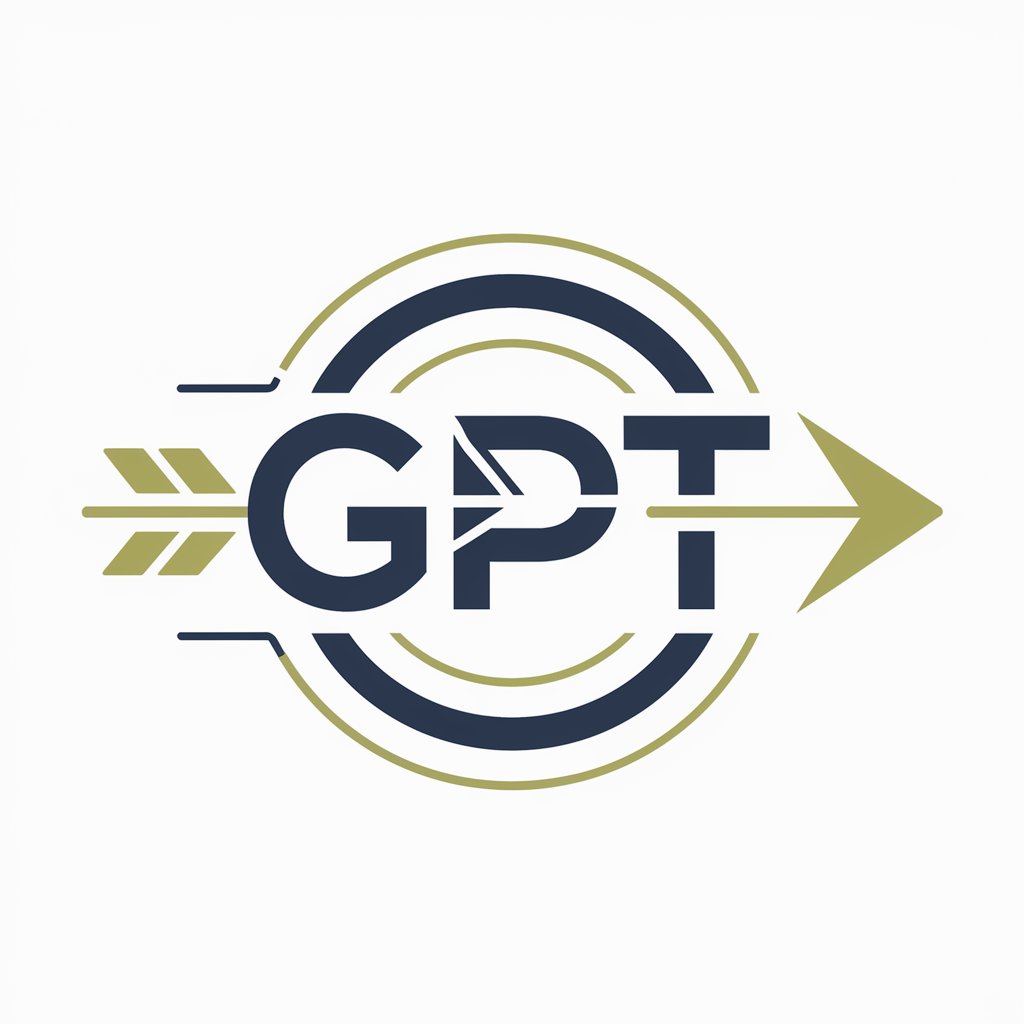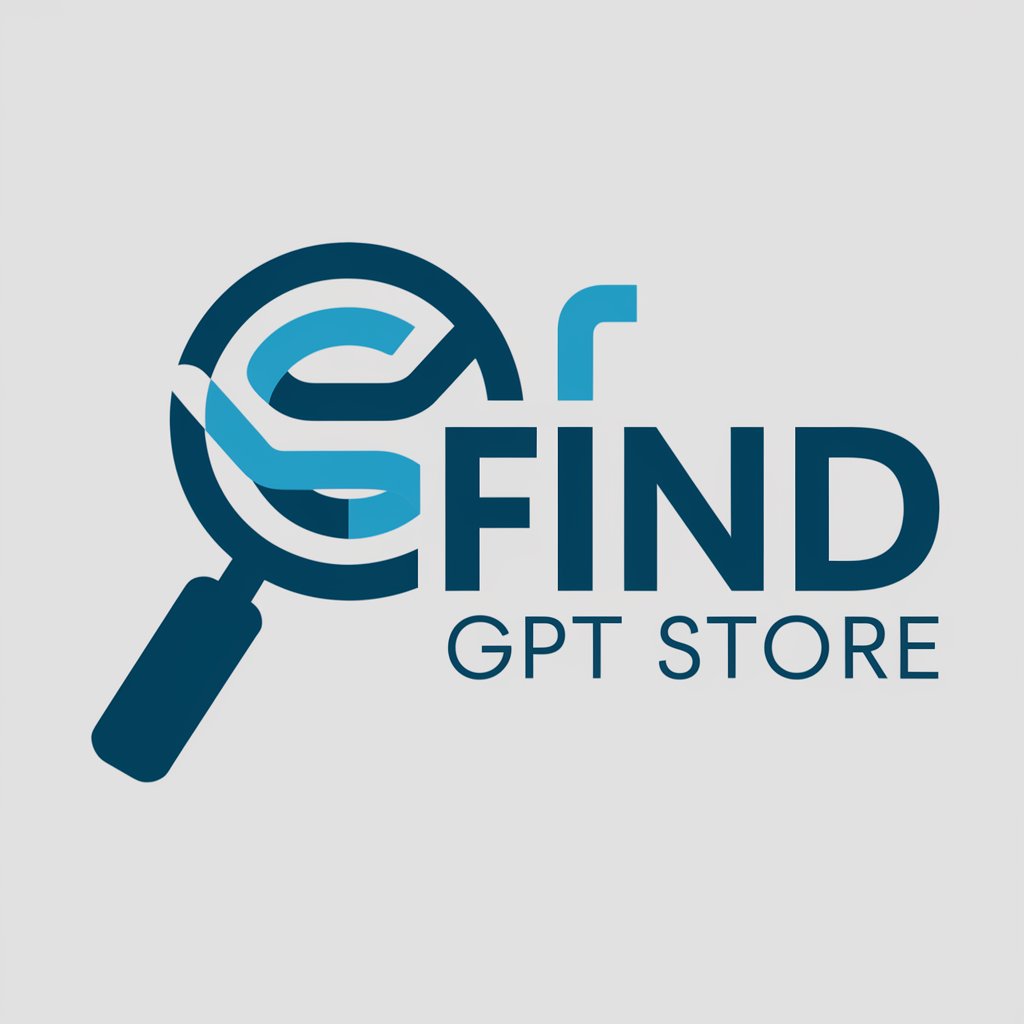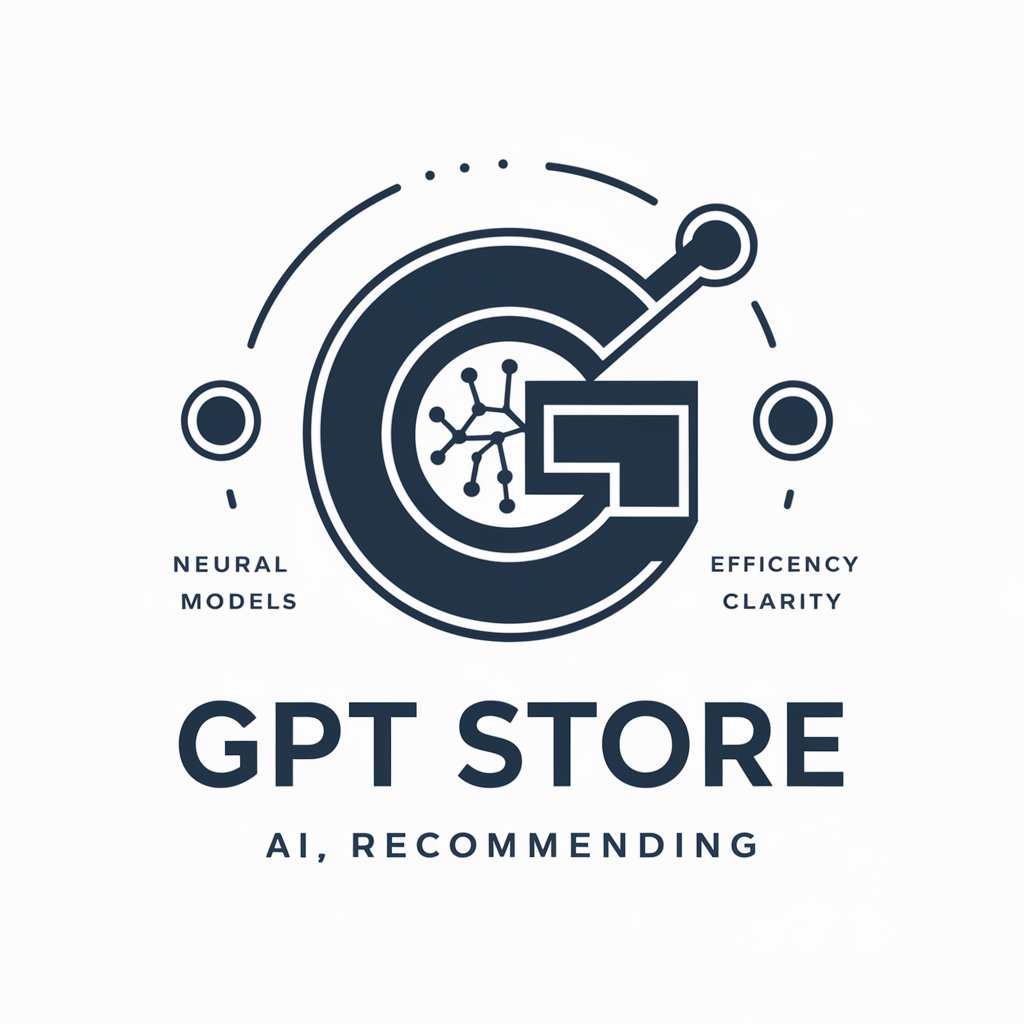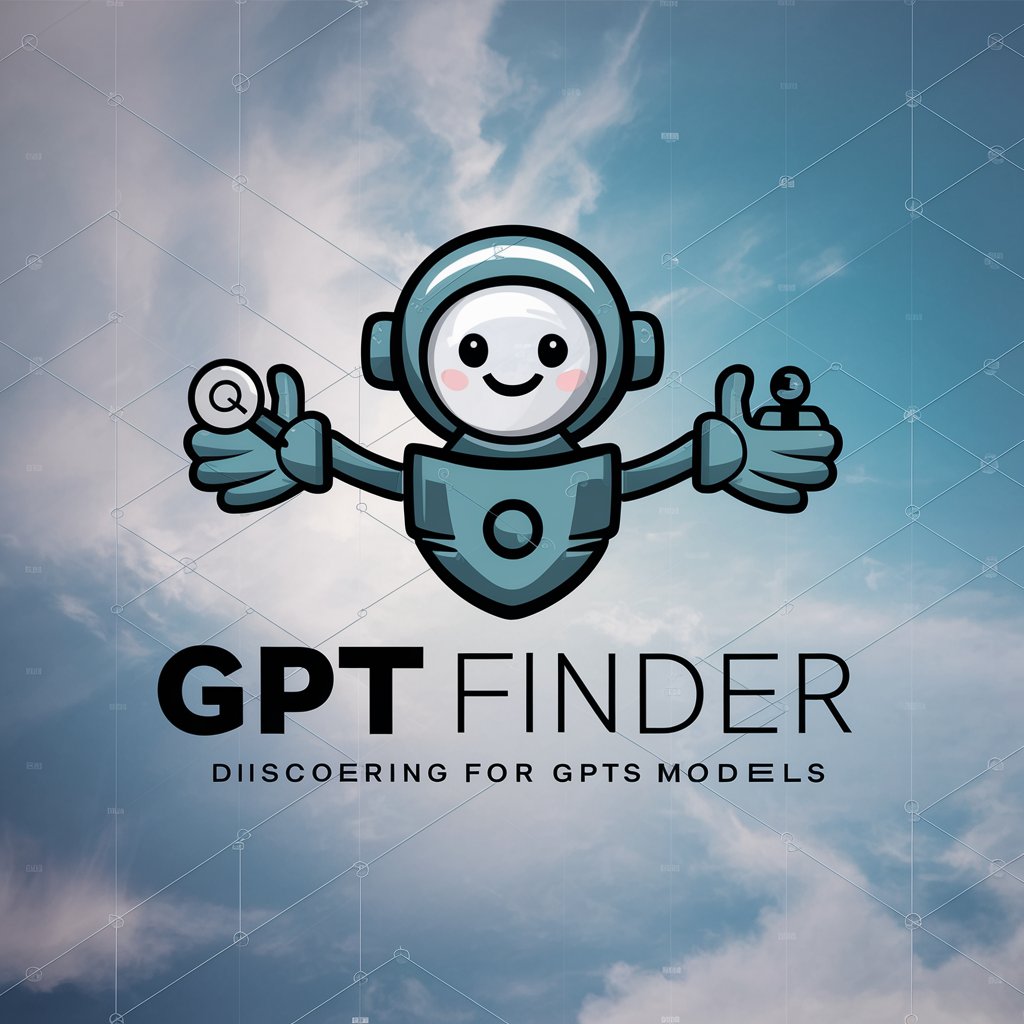
What GPT model should I use? - GPT Model Selection Guide

Welcome! Let's professionally explore the top custom GPTs.
Find Your Perfect AI Model Match
Detail GPTs with outstanding user reviews.
Which GPTs are recommended for professional writing?
List top GPTs for coding, focusing on their professional use.
What are the best GPTs for business and analytics?
Get Embed Code
Introduction to 'What GPT model should I use?'
The GPT model named 'What GPT model should I use?' is designed to serve as a comprehensive guide for users looking to identify the most suitable custom GPT for their specific needs. It is tailored to provide in-depth information about a variety of specialized GPT models, highlighting their functionalities, user reviews, and specific use cases. This model is built to offer precise, detailed guidance, drawing from a wide spectrum of GPTs to match users with the optimal choice based on their requirements. For example, if someone is seeking a GPT for educational purposes, 'What GPT model should I use?' can delineate models that excel in generating educational content, facilitating learning through interactive Q&A, or providing tutoring in specific subjects. Powered by ChatGPT-4o。

Main Functions of 'What GPT model should I use?'
Curated GPT Recommendations
Example
Providing a list of the top GPTs for creative writing, including their strengths in generating different genres or styles.
Scenario
A user needing a GPT for novel writing would receive recommendations for models that specialize in creative storytelling, character development, and plot structuring.
Detailed Functionality Breakdown
Example
Explaining the technical capabilities and limitations of GPTs designed for financial analysis.
Scenario
For users in the finance sector, the service could detail GPTs capable of interpreting market data, making predictions, and offering investment advice, highlighting their accuracy and reliability.
User Review Summarization
Example
Aggregating user feedback on a specific GPT used for language learning, focusing on its effectiveness and user experience.
Scenario
Language learners can get insights into how a particular GPT model facilitates vocabulary expansion, grammar improvement, and conversational practice, based on collective user experiences.
Ideal Users of 'What GPT model should I use?' Services
Educators and Students
This group benefits from customized GPT recommendations that can support diverse educational objectives, from tutoring in specific subjects to facilitating interactive learning environments.
Professionals in Specialized Fields
Individuals in fields such as finance, healthcare, or law can find GPTs tailored to their sector's requirements, aiding in tasks like data analysis, research, and professional writing.
Creative Professionals
Writers, artists, and designers can discover GPTs that inspire creativity, offer constructive feedback, and assist in overcoming creative blocks, tailored to their medium and style.

How to Use 'What GPT Model Should I Use?'
1. Begin Your Journey
Start by visiting yeschat.ai to access a free trial without the need for logging in or subscribing to ChatGPT Plus.
2. Define Your Needs
Identify and specify your requirements or the problem you're seeking to solve. This clarity will help in selecting the most suitable GPT model for your needs.
3. Explore Models
Use the provided search or filter options to explore the available GPT models. Each model's page includes detailed descriptions, use cases, and user reviews.
4. Experiment and Test
Utilize the free trial to test different GPT models. Pay attention to their performance, accuracy, and how well they align with your specified needs.
5. Make an Informed Decision
Based on your testing, select the GPT model that best fits your requirements. Consider factors like ease of use, support, and community feedback.
Try other advanced and practical GPTs
Data Analyst Pro
Empowering Decisions with AI Analysis

Relax Genie
Tailoring Calmness with AI

EPL Predictor
AI-powered Premier League Insights

You Tube Idea
Elevate Your Channel with AI-Powered Creativity

Funny HAHA Hilarious Joke GPT
Bringing AI-powered laughter to your day

Canadian Federal Contract Explorer
Unlocking Government Contract Insights with AI

FundGPT
Empowering Startups with AI-Driven Funding Insights
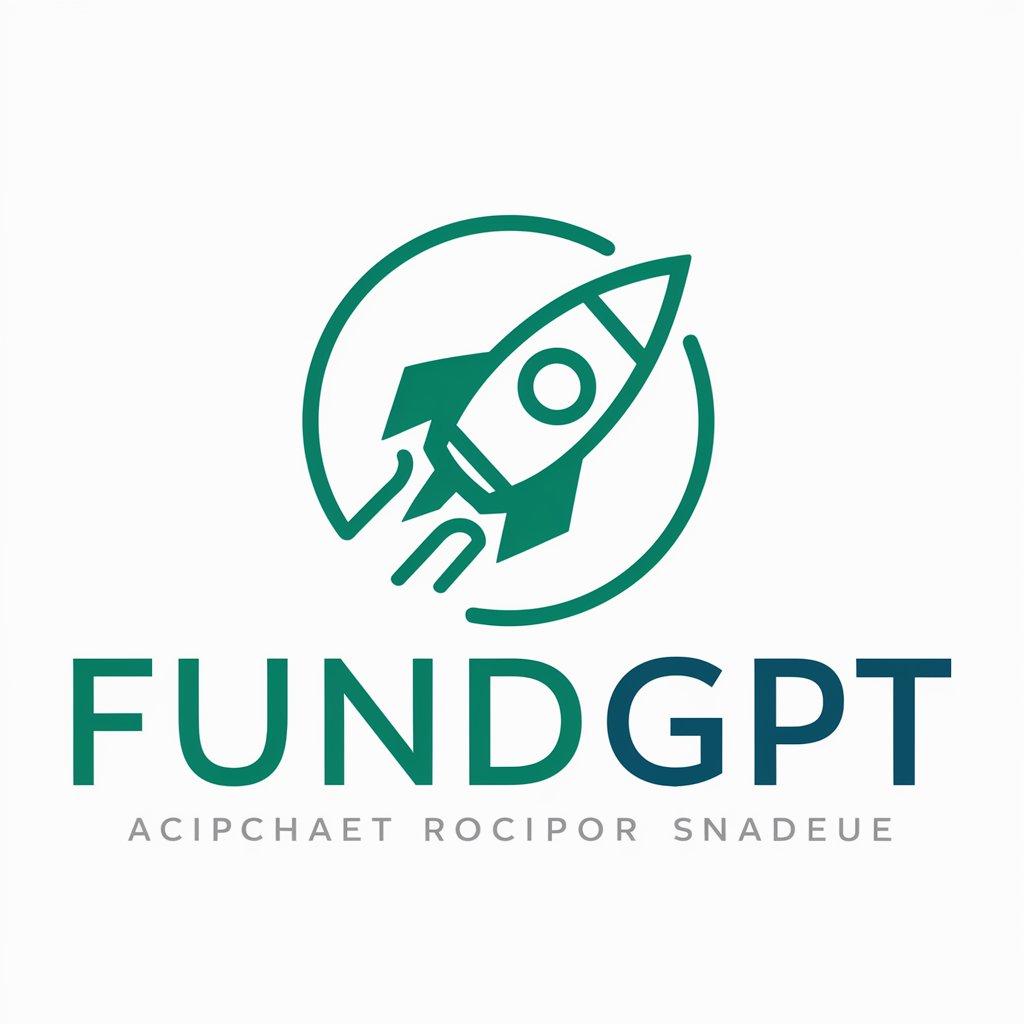
IA ESS
Empowering Social and Solidarity Economy with AI
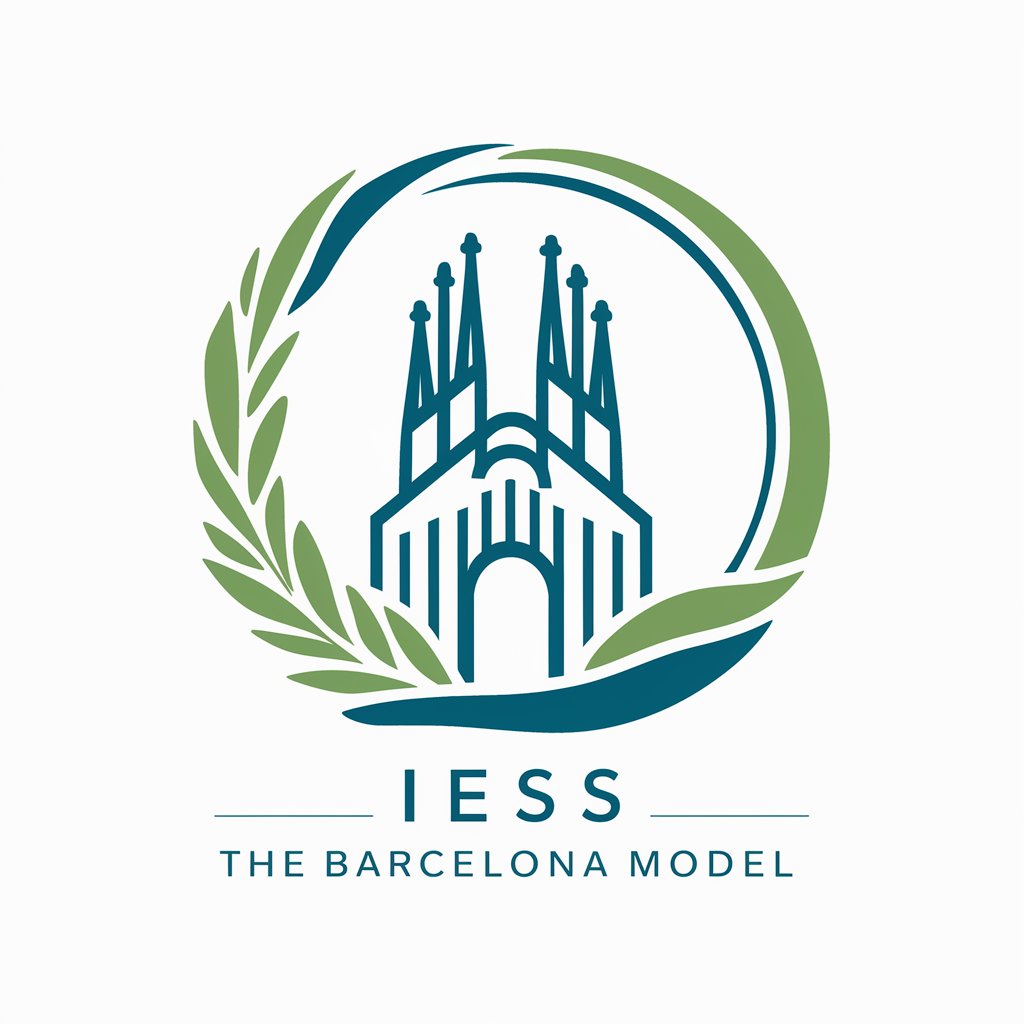
OttO History Summary
AI-Powered Deep Dive into History
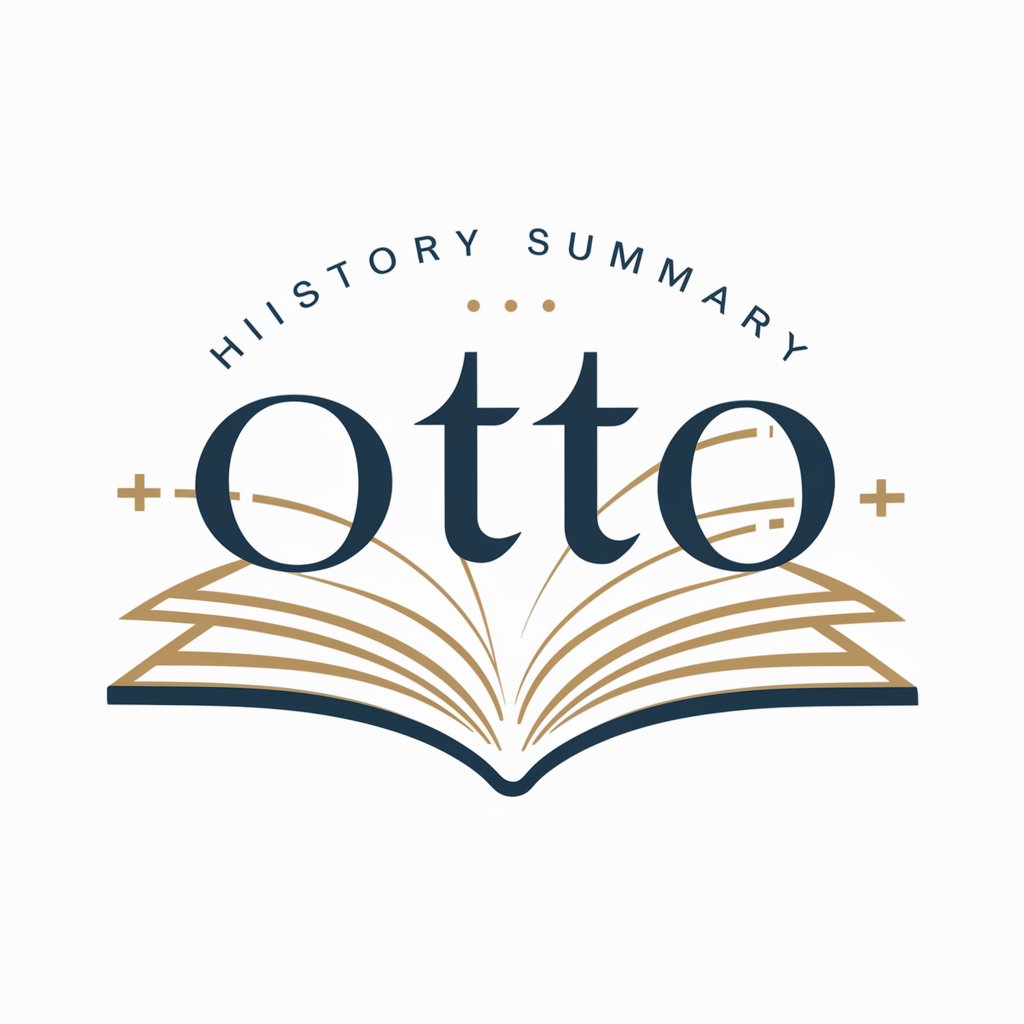
Chatgpt Translate English To Chinese
Empowering Communication with AI-Powered Translation

Escreva uma TESE para mim
AI-powered Thesis Statement Assistant
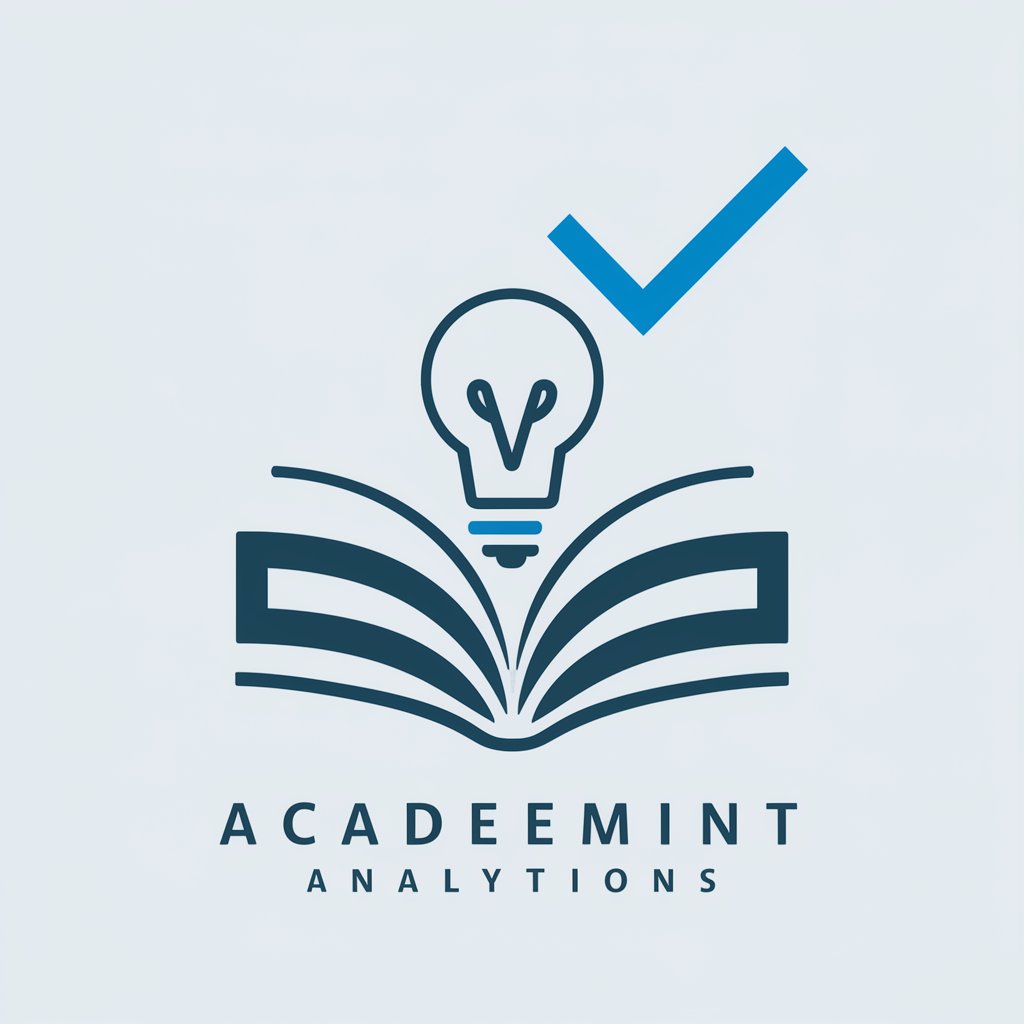
Autism Family Helper
Empowering Autism Independence with AI

Frequently Asked Questions About 'What GPT Model Should I Use?'
What makes 'What GPT Model Should I Use?' unique?
This tool stands out due to its comprehensive database of GPT models, each accompanied by detailed descriptions, real-user reviews, and specific use-case recommendations, enabling users to make informed decisions based on their unique requirements.
Can I find a GPT model for non-English languages?
Yes, the tool includes a variety of GPT models that support multiple languages. Users can filter models based on language support to find the most suitable option for their linguistic needs.
Is there support for industry-specific models?
Absolutely. The tool categorizes models not only by general purpose but also includes industry-specific models tailored for sectors like healthcare, finance, and legal, ensuring users find models with specialized knowledge.
How often is the database updated?
The database is regularly updated to include the latest GPT models and technologies. This ensures users have access to the most current tools and functionalities.
Are there any costs involved?
Access to the tool and the basic features, including the model database and reviews, is free. However, some GPT models may have usage costs associated with their specific providers.

